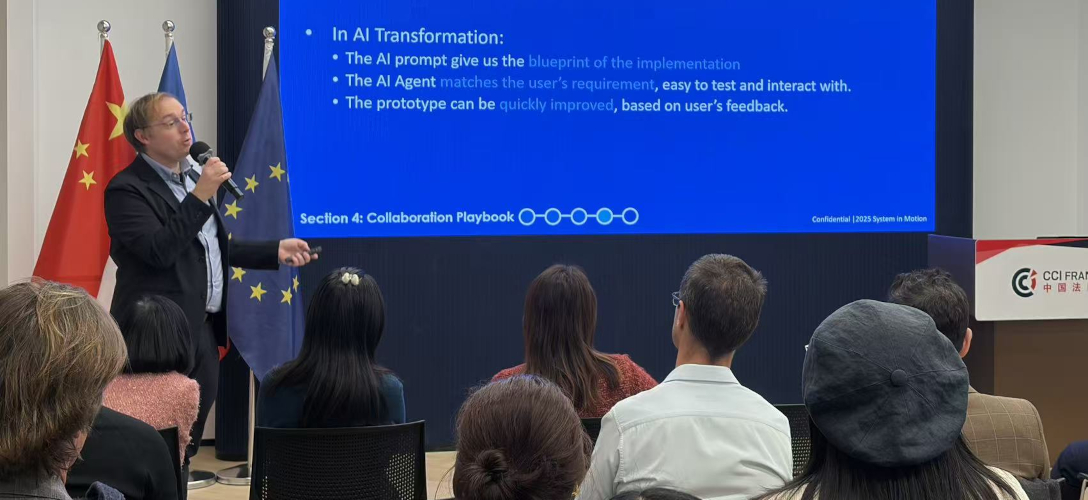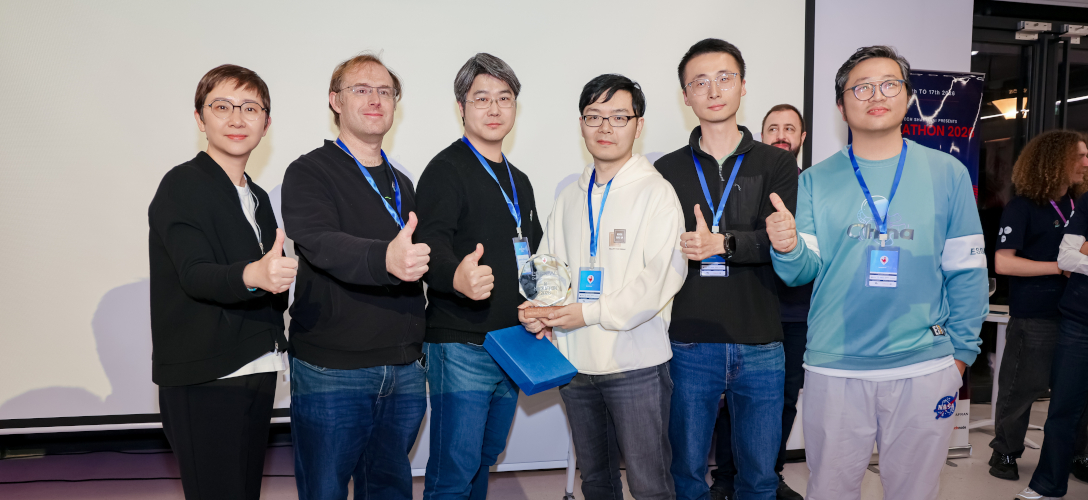
The Limits of Language Model Learning in Large Corporations

The Limits of Language Model Learning in Large Corporations
As we continue to navigate the dynamic landscape of business productivity, it becomes increasingly crucial for large corporations to equip themselves with the right tools and technology. One such tool that has been the talk of the town in recent years is Language Model Learning (LLM). While LLMs offer an array of benefits, they also have certain limitations that may hinder productivity in larger corporate settings.
General Purpose versus Specialized Tools
The biggest limitation of LLMs is their ‘general purpose’ nature. They are designed to cater to a wide range of tasks, but when it comes to specific, targeted tasks, they tend to fall short. For instance, setting up complex contexts may require an extensive setup time, reducing overall efficiency.
In the corporate world, time is money, and businesses cannot afford to invest substantial resources in setting up these models. This is where specialized tools come into play. They are designed to perform specific tasks with maximum efficiency. Their narrow focus allows them to deliver consistent results without requiring complex setups, freeing up users to concentrate on more strategic tasks.
The Document Processing Dilemma
Another limitation of LLMs is their inability to process documents natively. Large corporations deal with a significant amount of information daily, and much of this information is often contained in documents. The inability of LLMs to natively process documents means that businesses must invest additional resources to convert these documents into a format that LLMs can understand, further reducing productivity.
The Case for Batch Processing
LLMs are prompt-response models, meaning they can only process information based on the given input and provide a response. They do not possess the capability to process information in batches. In a large corporate setting, where vast amounts of data need to be processed simultaneously, this becomes a significant drawback.
Batch processing is a more efficient method for handling large volumes of data as it allows for the simultaneous processing of multiple data sets. It reduces the time spent on individual tasks, increasing overall productivity. The inability of LLMs to perform batch processing means businesses may need to seek alternative solutions to handle their extensive data processing needs.
Multiple AI Tools
Integrating multiple AI tools in a single workflow stands as a revolutionary approach in optimizing business productivity. This integration allows each tool to focus on its area of specialization, thereby maximizing efficiency and reducing the possibility of error. For instance, an AI tool specialized in document processing could efficiently convert and prepare data, which is then fed into another AI tool proficient in data analysis. This synergistic approach not only streamlines the workflow but also ensures high-quality results by leveraging the strengths of each AI tool. Moreover, the ability to automate repetitive tasks and reduce human intervention translates into significant time and resource savings. Thus, the integration of multiple AI tools in one workflow brings forth a robust, efficient, and reliable solution to tackle the complex business demands of large corporations.
In Conclusion
While LLMs bring a multitude of benefits, it is essential to recognize their limitations in the context of large corporate productivity. The demand for specialized, targeted tools that can natively process documents and perform batch processing is becoming increasingly apparent. As we continue to innovate and evolve, it is crucial that our tools do the same, keeping pace with the unique demands and challenges of the corporate world.
We are Here to Empower
At System in Motion, we are on a mission to empower as many knowledge workers as possible. To start or continue your GenAI journey.
Let's start and accelerate your digitalization
One step at a time, we can start your AI journey today, by building the foundation of your future performance.
Book a Training
